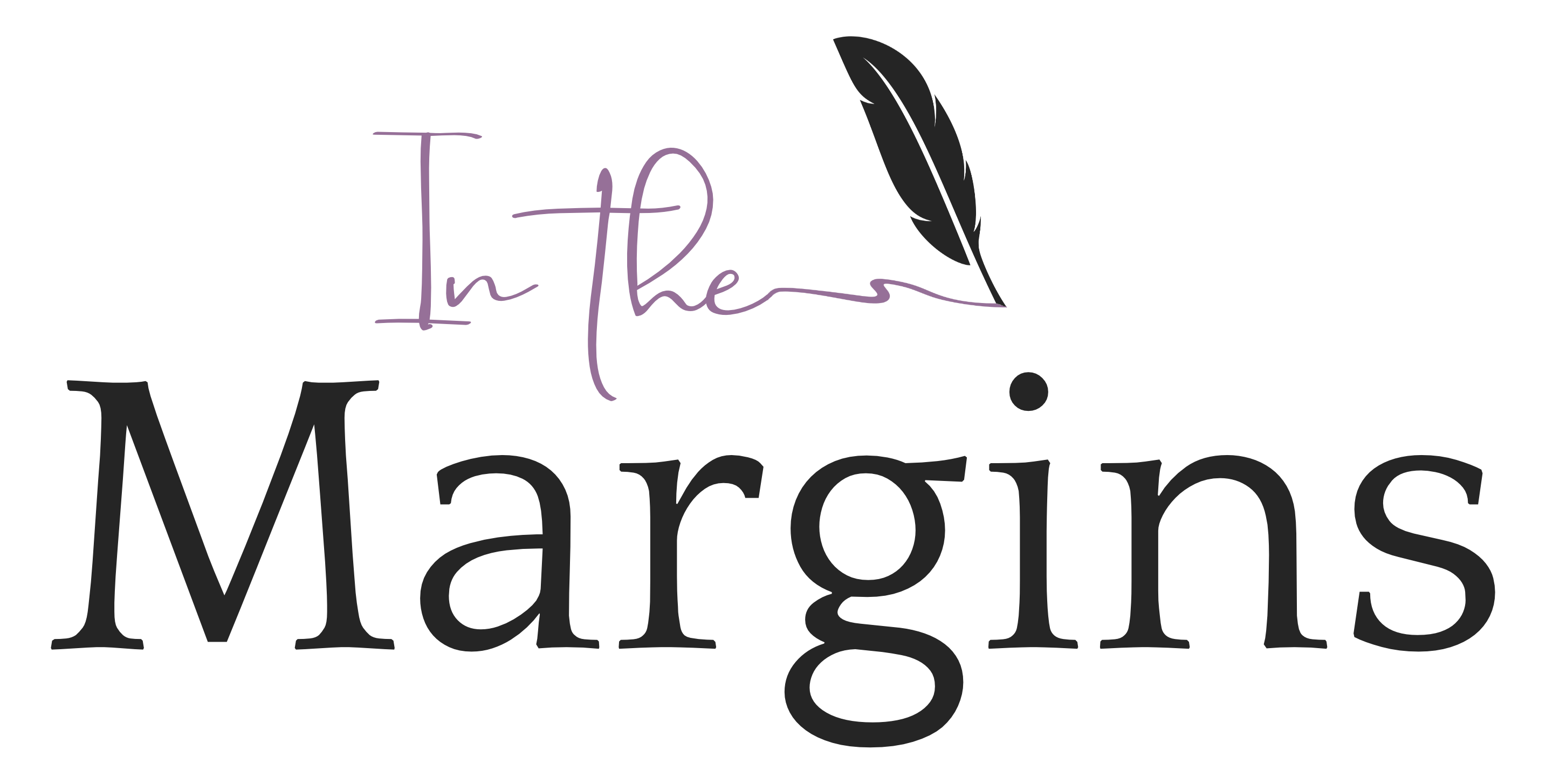Strong reading comprehension allows you to better connect with the stories you love. This means being able to understand the deeper themes you may not pick up on if you are focused only on the enjoyable, surface-level story.
But we’re (likely) not in school anymore. So how do we work on these skills?
Here are five things you can start doing now to improve your reading comprehension:
1) Slow down.
The problem with aiming to read a certain number of books each year is that you’ve set yourself up to read for quantity, not enjoyment or comprehension. While some people can speed* read and still retain meaning, we often have to “sit with” the deeper stuff to feel it, understand it, and connect with it.
(If you have the patience, try reading aloud. This forces you to slow down, and reading and hearing the words can help make sure you are processing their meaning, not just skimming.)
* A personal exception to this rule—and one I’ve heard from a few others—comes with audiobooks. I actually need to bump the speed up on audiobooks in order to maintain focus, because the standard speed is too slow and my mind starts to wander.
2) Limit distractions to keep yourself focused.
We all allow our thoughts to drift sometimes (and it’s easier to do so if we have our phones next to us). When you find it happening, bring yourself back to the book and refocus.
3) Be mindful of your thoughts and emotions as you read.
Did a character say something that made you feel uncomfortable? Curious? Excited? Did something happen that upset or angered you? Were you confused? Sit with this a moment—if you keep reading, you may not allow yourself the space to process and think on that.
4) Ask yourself questions as you read.
This is the big one. You need to engage with what you’re reading, and to do that, you must be curious and attentive. Write down any difficult/deeper questions if you feel you might forget or would prefer to think on them later.
Those questions can be big or small. You might ask: what did that character mean when they said that? What are they referring to here? Are there real world implications of situations like this? Is this like anything that has happened or is happening in the world? In my own community? Have I experienced something like this? If not, what might it feel like if I did? What themes are being addressed here?
Questions could also be about the facts on which the content itself has been built. For example, maybe a book refers to a historical event or item that you aren’t familiar with. Maybe it’s delving into cultural beliefs or practices you haven’t heard of or previously misunderstood. What might greater knowledge of that have on your understanding of the story and its characters? Its world?
I’ll tell you about a big one for me: it was because of a novel that I found out the early suffragists refused to include and work alongside Black women when fighting for a woman’s right to vote. This was alluded to in the story, and I had to stop to look up more because—of course—I’d never been taught that detail. (I wish I could remember which book it was; I want to say The Once and Future Witches by Harrow, but I’m not sure.)
Other learning: On a similar note, improving your vocabulary can be helpful as well. If you come across a word that’s new to you, don’t just infer from context or keep reading. Ask what it means. Look it up and start using it so that it sticks with you. (This is important for anyone, but especially those of us who work with words daily.)
5) Find a reading buddy or book club.
If you’re new to this and struggling to dive deeper into the text on your own, having others to talk to about it or refer to can be helpful. If you’re shy, you might start by going online and looking up what others are saying about the book.
If you’re ready for discussion, find communities that are talking about it. What strikes them as most important? What lines are standing out to them? Why did those lines stand out to them if they didn’t for you? Do you agree or disagree with them on things? Why? Did their emotions during certain moments match yours? If not, why might that be?
Wrapping Up
Improving your reading comprehension can not only make reading a deeper experience for you, it can help you to better understand your own world and the experiences of others.



